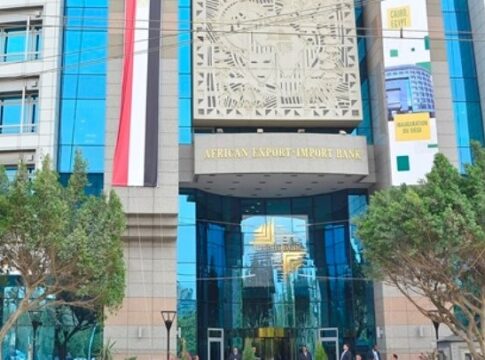The African Export-Import Bank (Afreximbank) has announced a strategic move to boost Egypt’s economic landscape with $2 billion in financing set for 2025. This announcement was made by Ayman El-Zoghbi, Head of Intra-African Trade, Investment, and Corporate Finance at Afreximbank, during the FOCUS Africa Investment and Trade Forum held in Cairo. The forum, organized collaboratively by Afreximbank, Egypt’s Ministry of International Cooperation, and the Group of African Ambassadors, served as a critical meeting point for discussions on enhancing African trade and investment.
El-Zoghbi detailed that the $2 billion financial injection would include direct financing to sectors such as banks and strategic goods, while indirect financing would support African projects spearheaded by Egyptian companies. This initiative aligns with Egypt’s ambitious targets of achieving $60 billion in foreign direct investment and increasing annual exports to $145 billion by 2030, leveraging its advantageous geographical location and robust industrial capacity to become a central trade and manufacturing hub within Africa.
Benedict Oramah, President of Afreximbank, highlighted the significant growth in Africa’s trade volume, which has increased from 10% of global trade in the 1990s to 15% by the end of 2023, with the continent’s GDP reaching a substantial $3 trillion. This upward trajectory sets the stage for the African Continental Free Trade Agreement (AfCFTA) to play a pivotal role in enhancing manufacturing, intra-African trade, and driving internal economic growth.
Kanayo Awani, Deputy President of Afreximbank, underscored the importance of African-led infrastructure development, revealing that the bank has allocated $13 billion to support African contractors in infrastructure projects. “The AfCFTA is not just a document; it is a transformative tool capable of driving industrialization and unlocking growth within Africa,” Awani emphasized.
Egypt’s Minister of Planning and Economic Development, Rania Al-Mashat, noted the growing influence of the private sector in the country’s economy, with private investments now accounting for 63% of total investments. She highlighted the critical role of robust partnerships between African governments in fostering information sharing and strengthening local company capacities. Al-Mashat reiterated Egypt’s commitment to infrastructure development, citing projects such as the New Administrative Capital and expansive road networks as key examples.
AfricaAaaafricaaAAohamadou Labarang, Dean of the African Ambassadors Group in Cairo, described the forum as a strategic platform that connects capital with opportunities and vision with implementation. He urged the Middle Eastern business community, particularly those in Egypt, to seize the opportunities presented by the AfCFTA’s implementation.


